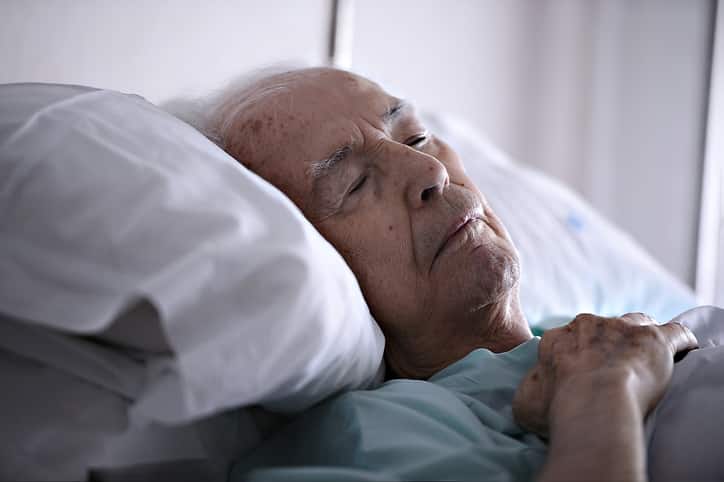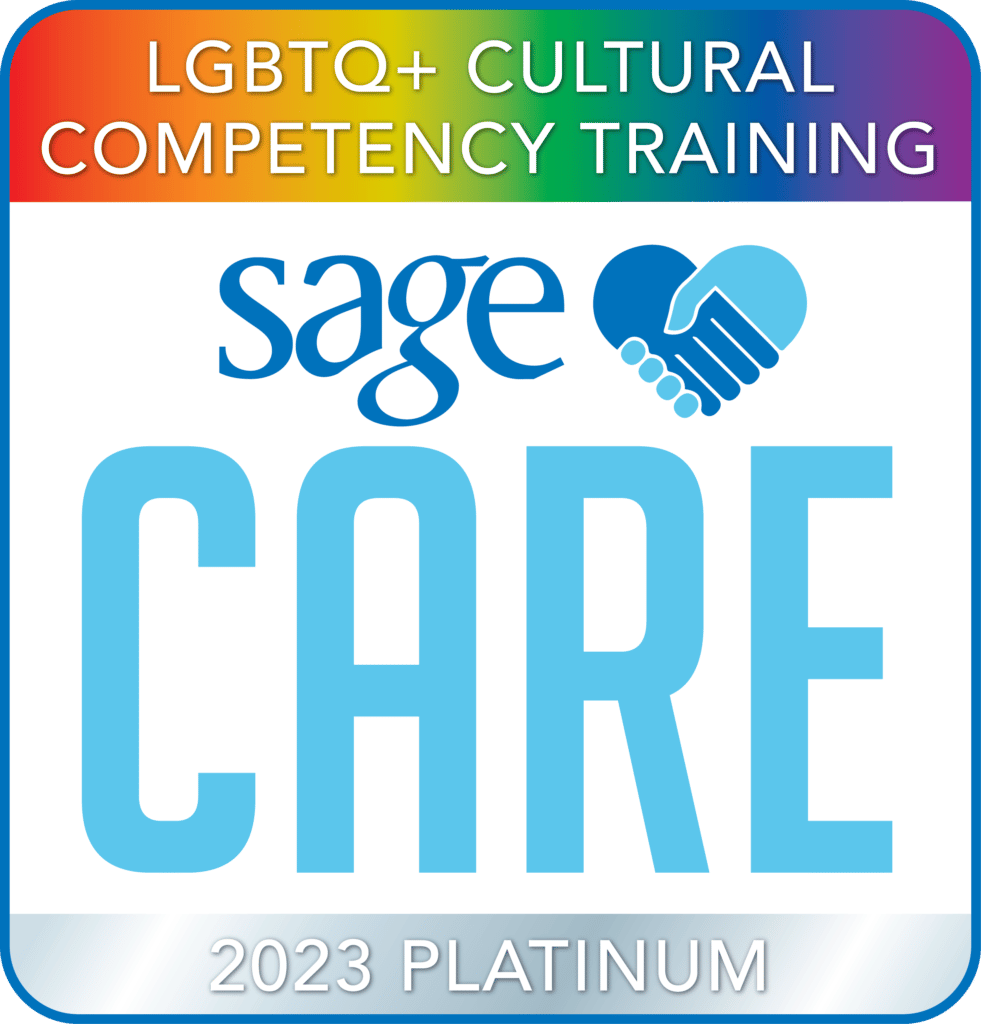5 Sleeping Tips for Those with Alzheimer’s

Alzheimer’s causes changes in the brain that can affect the quality and quantity of sleep for seniors. It’s not uncommon for someone with Alzheimer’s or dementia to experience light sleep, troubled sleep, or frequently wake up at night. Because sleep is so important for mental and physical health and helps prevent cognitive decline, falls, and mood swings, our Tapestries Memory Care team has put together 5 tips for seniors with Alzheimer’s to get a better night’s sleep.
Recognizing the signs of a poor night’s sleep
Unless you are actively monitoring the sleep patterns of your loved ones, it can be difficult to know if they are sleeping well at night. We recommend that you look for the following signs of a poor night’s rest:
- Increased and unexplained levels of aggression
- Irritability,
- Daytime sleeping
- Confusion, trouble with verbal expression.
It might also be a good idea to get a wearable fitness device for your loved one that you can log into to check their night-time activity. By checking the steps taken and GPS data, you can see if your loved one is tossing and turning a lot in their sleep or getting up and walking around often at night.
How to improve sleep quality in seniors with dementia conditions
Now that you have the information you need to diagnose poor sleeping patterns in your loved one, here’s what you can do to help improve their sleep quality and sleep hours.
- Lighting – Natural lighting aligns with our circadian rhythms, telling our brain and body when it’s time to be awake and when to sleep. Artificial lighting can interfere with this, so it’s a good idea to try to enhance the lighting during the day and dim it at night for your loved one. They can use a light therapy lamp in the daytime (especially in winter or if the room has limited natural lighting), and install thick curtains or blinds that are closed in the evening to block out street lighting and make their room nice and dark. Of course, it’s important to also put a light close to their bed to assist if they need to get up during the night to help prevent falls.
- Bedtime routine – We all respond well to a bedtime routine, no matter our age, and consistency can be a very effective way of calming the mind and preparing for sleep. Specialists recommend that the bedroom is kept between 60-67 degrees, that screen time is ended at least one hour before bed, and that all grooming and toileting is completed about 30 minutes before bedtime. It’s also a good idea to have a consistent time for going to sleep, to avoid stimulants like coffee and sugar, and to have some indulgent, relaxing routines like using aromatherapy, gentle massage, or soft music.
- Check medications – Some medications have side effects that can affect sleep, either making your loved one more sleepy or more alert. Those that make them more alert should be taken in the morning or midday (as recommended by their doctor), while those that can cause drowsiness should be taken in the evening. You can also talk to your loved one’s doctor about introducing supplements that may help sleep, such as CBD or melatonin.
- Physical activities – Being active in the day is one of the best ways to improve sleep, and your loved one should try to aim for 30 minutes a day (even if it is spread out in bursts). Try to find an activity that can easily be made part of your loved one’s daily routine and that they will enjoy. A walk around the neighborhood, some indoor senior yoga, or indoor water-based exercises are all great options.
- Mental activities – Cognitive exercises help stimulate the brain, slow decline and improve sleep. Try activities that are suited to your loved one’s interests and abilities without being frustrating, like therapy exercises, online games, drawing or painting, or crafts. Even visits with friends and family can help provide the mental stimulation the brain and body need to experience quality rest.
At The Shores, our full-service assisted living community, we offer exceptional memory care for residents in South Jersey. Our Life Enrichment Team Specialists (LETS) are well versed in the latest therapies and exercises to strengthen cognitive function for those with Alzheimer’s and other dementia conditions. At our root, we aim to create a safe, compassionate, and enjoyable space for seniors with dementia, where the quality of life is the top priority.
To find out more about memory care in Cape May County, contact us today or visit our website at




